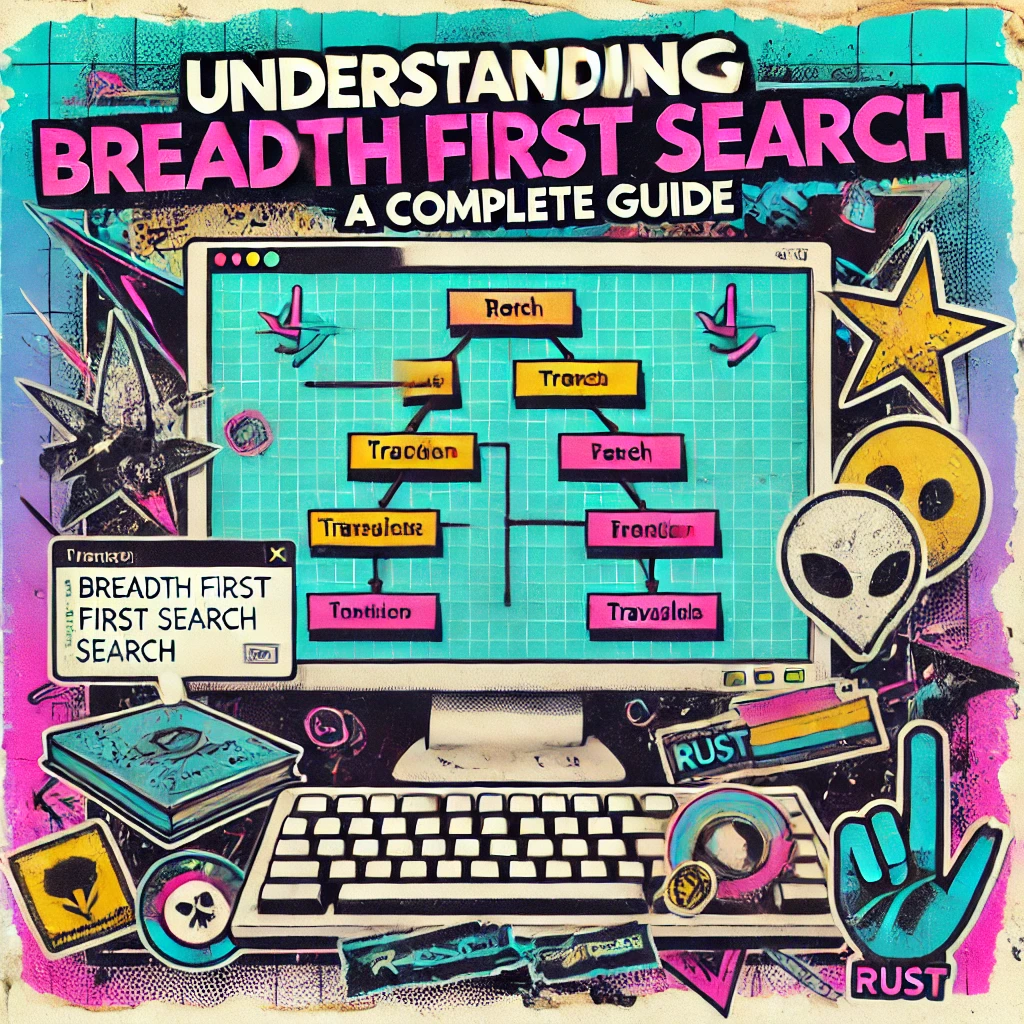The Result enum in Rust is used to handle operations that may produce an error. It represents the possibility of either success (Ok) or failure (Err) and allows you to handle these outcomes in a controlled way.
Result Definition Example
enum Result<T, E> {
Ok(T),
Err(E),
}
Here, T represents the type of the success value, and E represents the type of the error value.
Let’s look at other examples and understand Result enum more.
fn divide(a: f64, b: f64) -> Result<f64, String> {
if b != 0.0 {
Ok(a / b)
} else {
Err(String::from("Cannot divide by zero"))
}
}
fn main() {
let result = divide(10.0, 5.0);
match result {
Ok(value) => println!("Result: {}", value),
Err(error) => println!("Error: {}", error),
}
}
In this example, the divide function returns a Result with a success value of type f64 when division is possible, and an error value of type String when division by zero occurs.
Use cases of Result
- File Operations: Reading from or writing to a file can fail, so using
Resultis essential.
fn read_file(file_path: &str) -> Result<String, std::io::Error> {
let file = std::fs::File::open(file_path)?;
let mut contents = String::new();
std::io::Read::read_to_string(&file, &mut contents)?;
Ok(contents)
}
fn main() {
let result = read_file("example.txt");
match result {
Ok(content) => println!("File contents: {}", content),
Err(error) => println!("Error: {}", error),
}
}
In this example, the read_file function attempts to read the contents of a file specified by file_path. If successful, it returns a Result with the file contents as a String. If an error occurs during file reading, it returns an Err variant containing a std::io::Error.
The ? is called a Try operator. You can learn more about it here.
- Network Requests: When making HTTP requests or other network operations, errors like timeouts or connection issues can occur.
// Import the reqwest crate to make HTTP requests
use reqwest;
// Define an asynchronous function to fetch data from a URL
async fn fetch_data(url: &str) -> Result<String, reqwest::Error> {
// Send an HTTP GET request to the specified URL
let response = reqwest::get(url).await?; // The '?' operator is used to propagate errors
// If the request is successful, read the response body as a string
let body = response.text().await?; // Again, use '?' to propagate errors
// Return the fetched data as a Result
Ok(body)
}
// Define the main function to run the asynchronous code
// Attribute to specify the main function for asynchronous execution
#[tokio::main]
async fn main() {
let url = "https://dummy.restapiexample.com/api/v1/employees";
// Call the fetch_data function and handle the Result
match fetch_data(url).await {
Ok(data) => {
println!("Successfully fetched data:");
println!("{}", data);
},
Err(error) => {
// Handle the error case
eprintln!("Error fetching data: {}", error);
},
}
}
- Parsing: Converting a string to another data type can fail if the string is malformed.
// Define a function to parse a string into an integer
fn parse_number(s: &str) -> Result<i32, std::num::ParseIntError> {
match s.parse::<i32>() {
Ok(n) => Ok(n), // Return the parsed integer if successful
Err(e) => Err(e), // Return the ParseIntError if parsing fails
}
}
fn main() {
let input = "42";
// Call the parse_number function and handle the Result
match parse_number(input) {
Ok(n) => {
println!("Successfully parsed number: {}", n);
},
Err(error) => {
// Handle the error case
println!("Error parsing number: {}", error);
},
}
}
Difference between Result and Option in RUST
While both Result and Option enums are used to represent the possibility of success or failure, they have some key differences:
Resultis typically used for operations that can produce an error, whereasOptionis used for situations where a value may or may not be present.Resultprovides more information about the specific error that occurred, whereasOptiondoes not provide such detailed error handling capabilities.Resulthas two variants (OkandErr), whileOptionhas two variants (SomeandNone).
Overall, Result is used when you need to handle errors and different outcomes explicitly, while Option is used when you need to handle the presence or absence of a value.





